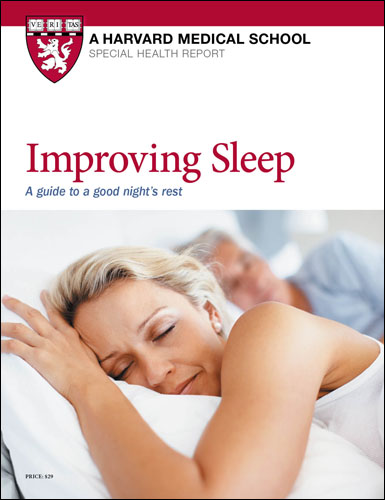You don't say? The yarn on yawning
 Each of us yawns, on average, about five to 20 times a day, with each yawn lasting about five seconds. But why exactly do we yawn? It turns out no one knows for sure.
Each of us yawns, on average, about five to 20 times a day, with each yawn lasting about five seconds. But why exactly do we yawn? It turns out no one knows for sure.
Yawning is associated with sleepiness, but scientists haven’t found that it indicates a need for sleep. It doesn’t seem to be caused by the body having too little oxygen or too much carbon dioxide, which in theory could be fixed by taking a big, deep yawn. Instead, the yawn/sleep link may be a form of nonverbal communication. In baboons, extensive yawning among the troop signals it’s time to sleep. Here are some other common yawning theories, though none has been proven:
- Yawning stretches out the lungs and nearby tissues, preventing tiny airways in the lungs from collapsing. This could explain why we seem to yawn when our breathing is shallow, like when we’re tired, bored, or just arising from bed.
- Yawning stretches the muscles and joints, increases the heart rate, and may prepare the body for an increased level of alertness, especially after relaxation. This may be why pro athletes and musicians sometimes yawn before the need for greater focus.
Excessive yawning may be a symptom of a disease like multiple sclerosis or amyotrophic lateral sclerosis (Lou Gehrig’s disease). Yawning also could signal an oncoming migraine headache.
Finally, why do yawns seem contagious? Mimicking a yawn could be a form of social mirroring, where we unintentionally imitate the actions of others. Other behaviors like laughing, leg crossing, and scratching fall into this category.
The bottom line: yawning is a mysterious action that serves an uncertain purpose.
Image: © Marili Forastieri/Getty ImagesAbout the Author

Matthew Solan, Executive Editor, Harvard Men's Health Watch
Disclaimer:
As a service to our readers, Harvard Health Publishing provides access to our library of archived content. Please note the date of last review or update on all articles.
No content on this site, regardless of date, should ever be used as a substitute for direct medical advice from your doctor or other qualified clinician.













